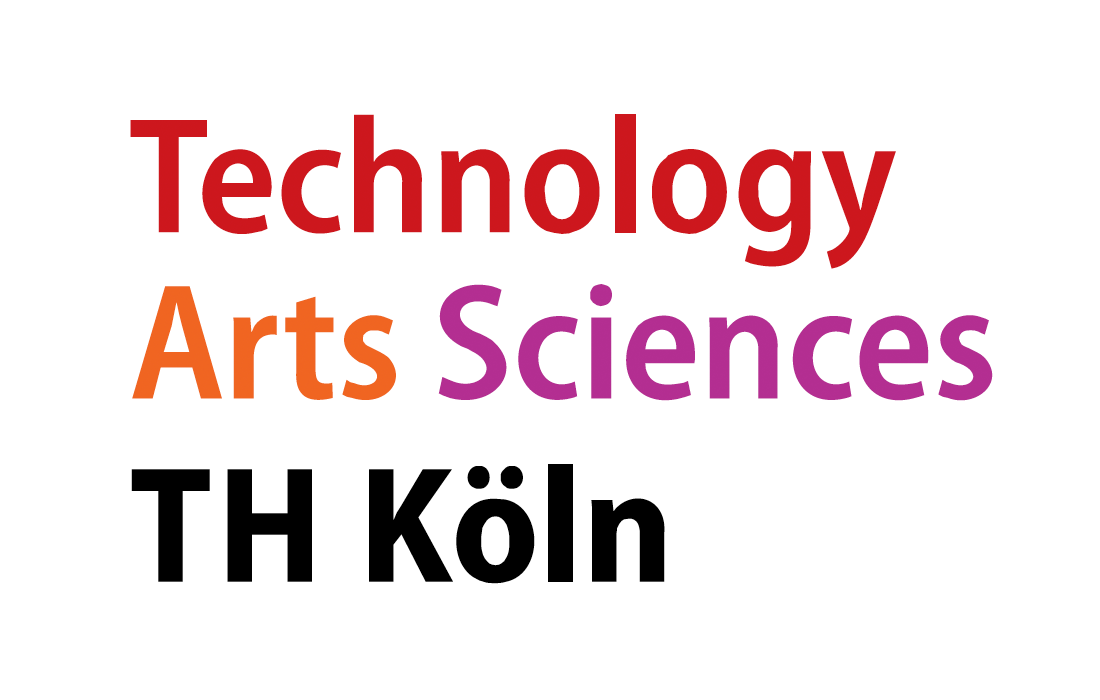Beitrag zu Handlungsfeldern
Nachfolgend ist die Zuordnung des Moduls zu den Handlungsfeldern des Studiengangs aufgeführt, und zwar als anteiliger Beitrag (als ECTS und inhaltlich). Dies gibt auch Auskunft über die Verwendbarkeit des Moduls in anderen Studiengängen und über die Beziehung zu anderen Modulen im selben Studiengang.
| Handlungsfeld |
ECTS (anteilig) |
Modulbeitrag zum Handlungsfeld |
| Generating and Accessing Knowledge |
3 |
The goal of the module is to provide a professional insight into the world of scientific computing, like e.g. which models and algorithms help in the implementation of a solution.
|
| Architecting and Coding Software |
3 |
The module will start with an introduction to the topic of distributed IT systems, covering the most important basic principles of such systems
|
Learning Outcome
Ziel der Veranstaltung ist es, einen fachlichen Einblick in die Welt des Scientific Computings zu liefern.
Insbesondere werden die Methoden, Paradigmen, Prinzipien, Anwendungsbereiche und zugrunde liegenden Intentionen vermittelt
und durch die praktische Anwendung anhand beispielhaft ausgewählter Anwendungsfälle vertieft.
Scientific Computing hat viele wichtige praktische Anwendungsfelder und weist gegenüber anderen Computing-Anwendungen eine Reihe spezifischer
Besonderheiten auf. Die wichtigsten sollen hier vermittelt werden, um die Anwendung von Scientific Computing sinnvoll einordnen und bedarfsgerecht
einsetzen zu können.
Inhaltliche Beschreibung des Moduls
The module will start with an introduction to the topic of distributed systems. The most important basic principles of
such systems are also dealt with here:
- Communication
- Processes
- Names
- Synchronization
- Consistency
- Replication
- Error tolerance
With the knowledge of these principles, different paradigms of distribution are presented and systems based on them
are learned. These include distributed object-based systems, distributed coordination-based systems, distributed file systems and especially grid computing or distributed computing systems.
After the introduction, the topics of test design and implementation are covered. This includes the question:
- How useful is the basic hypothesis?
- Which models and algorithms help in the implementation?
- Does the planned approach have a chance of success?
- Do we know of an existing approach that we want to verify/falsify?
- How do we best obtain data?
- How do we measure our results, what is our metric?
- How much data do we need to deliver meaningful results?
- Are our results meaningful?
- What conclusions can we draw from our results?
Finally, various currently relevant topics from the field of scientific computing will be discussed. These include numerical and non-numerical algorithms, mathematical models and models for computation by computer-based systems. Finally, we discuss the topic of simulations. This classification serves to find own projects and to evaluate the objectives for the projects.
Subsequently, group work will be carried out on one of the topics presented. The results of this project work will be presented and discussed at the end in a presentation and appropriate documentation.
Zur Verfügung gestelltes Lehrmaterial
Slides in electronic form
Weiterführende Literatur
- G. Couloris et al.: Verteilte Systeme, Konzepte und Design. Pearson Studium, Addison Wesley, 2002
- J. Siegel: CORBA 3, Fundamentals and Programming. Wiley Computer Publishing, 2000
- A. Tanenbaum: Verteilte Systeme, Konzepte und Design, 3. Aufl., Pearson, 2002
 Modul wird zurzeit aufgrund von Kapazitätsgründen leider nicht angeboten!
Modul wird zurzeit aufgrund von Kapazitätsgründen leider nicht angeboten!
